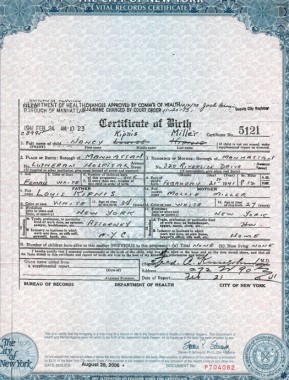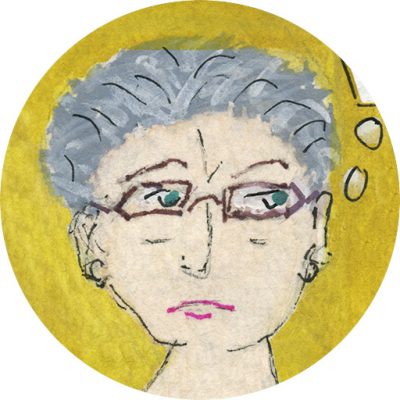A few days ago I received an email from a high school friend I haven’t seen for many years. She said that on a recent trip to Paris she saw someone who looked like me and almost called out the name I was known by in high school: Kip. Kip was the first half of my father’s name (Kipnis) and I thought it far preferable to my boring first name, even when shared by the popular girl detective Nancy Drew, whose adventures I had adored.

What’s in a name? I gave up “Kip” when I became enamored of France and all things French. The name in French sounded like “keep” in English, and since Nancy was the name of a French city, I thought that would keep things simple. Besides, French men seemed to find the name masculine, the last thing I wanted to seem at the time.
It was strange to think that the person called “Kip” still existed in the memory of my friend, whose name happened to be Nancy. I found myself wondering whether that person still existed in me, and whether I knew her.
What happens to all the people we’ve been under our various names?
If as the theory goes, autobiography is the story of one’s proper name, the sequence of my names do offer a kind of narrative: my childhood name, Nancy Louise (after my father Louis), my horrible summer camp nickname, Curly (I shudder to recall, but I guess I accepted the moniker that emphasized the negative―my hair—the better to fit in with all the straight-haired girls); my so-called maiden name, my hyphenated first married name, and now my chosen (other side of the family) name, which, as it turns out, has its own miserable legacy. So now I have a name so common that last weekend I had to sign three documents stating that I wasn’t the Nancy Miller whose name figured on three “judgments,” when we sold our house. My names as infant, camper, high school girl, college student, married woman, divorced woman, graduate student, professor, writer, map the lineaments of a feminist autobiography. In my new memoir, though, Kip does not appear―or reappear―and I think I know why. The stories that attach to Kip are mainly stories I would be too embarrassed to tell. I’ve chosen to exclude them from the memoir along with the humiliations of my teenaged self, a self I would rather forget.
My friend’s email, however, made me think that Kip Miller would be a great name to have today, that its gender ambiguity felt freeing and pleasing. But I fear that it is too late to change my name again―first or last–especially now that my signature exists in print.
So maybe I’ll adopt Kip Miller as a pseudonym and start over in late life. Who knows what new person might emerge?
